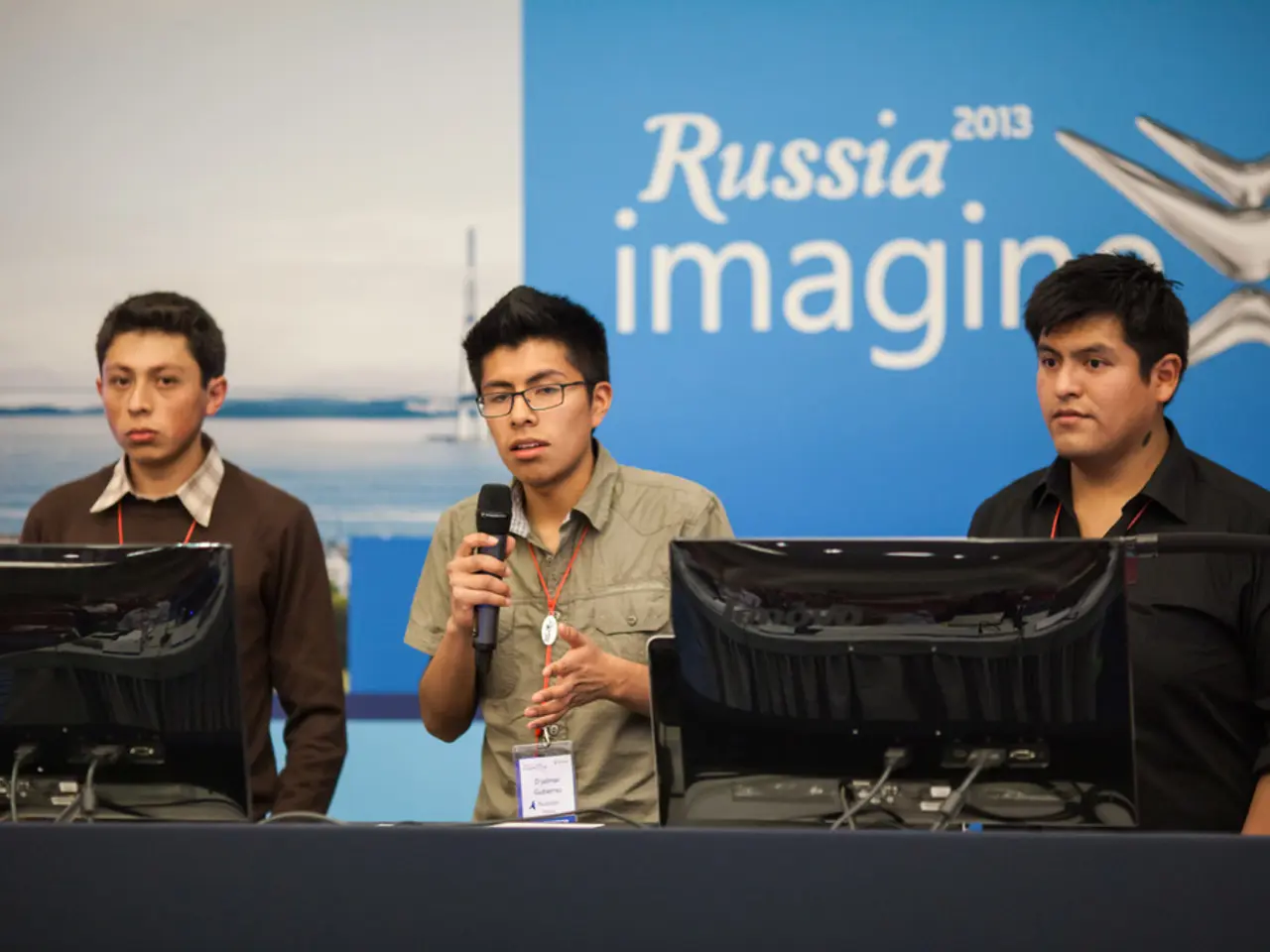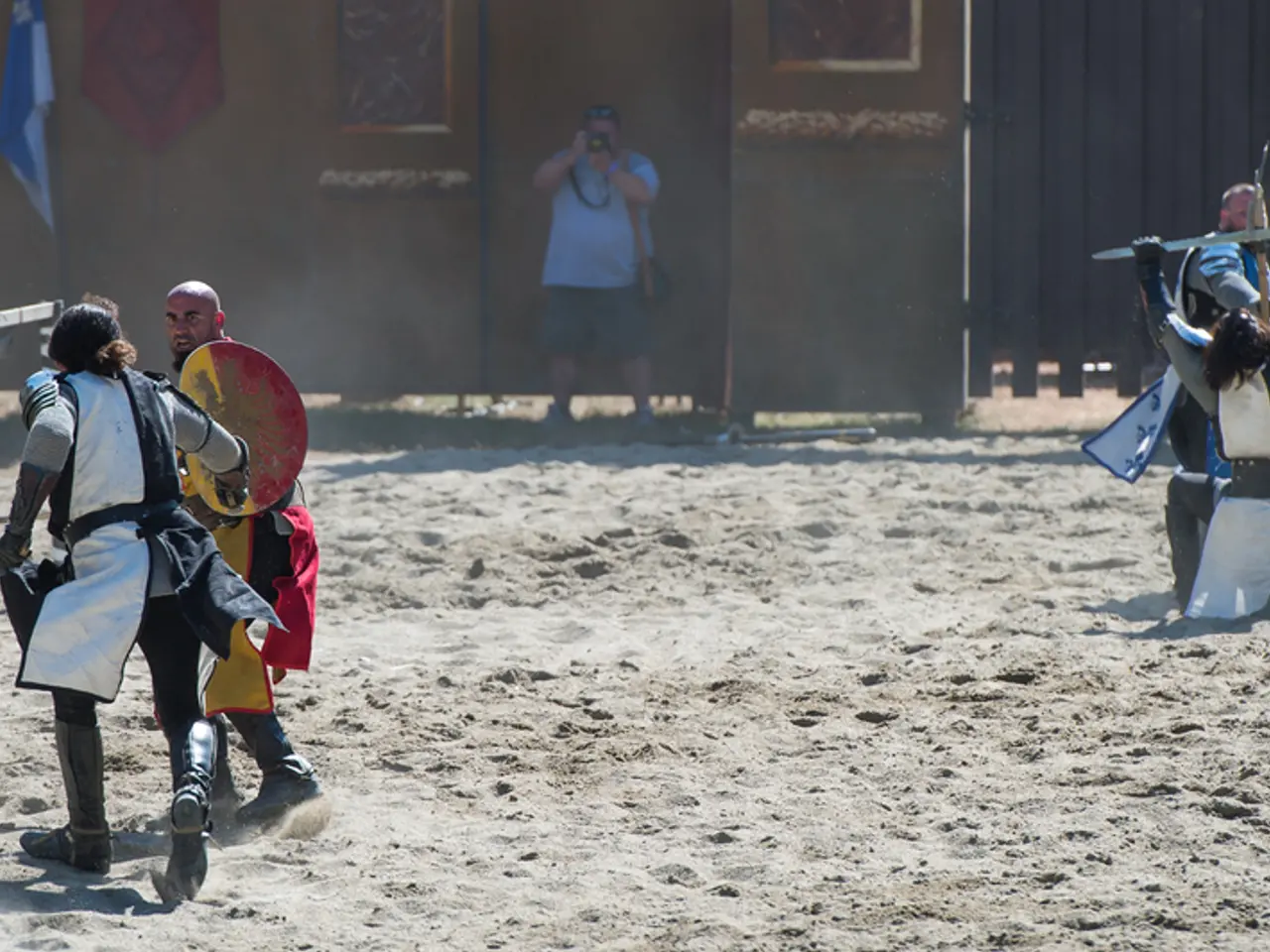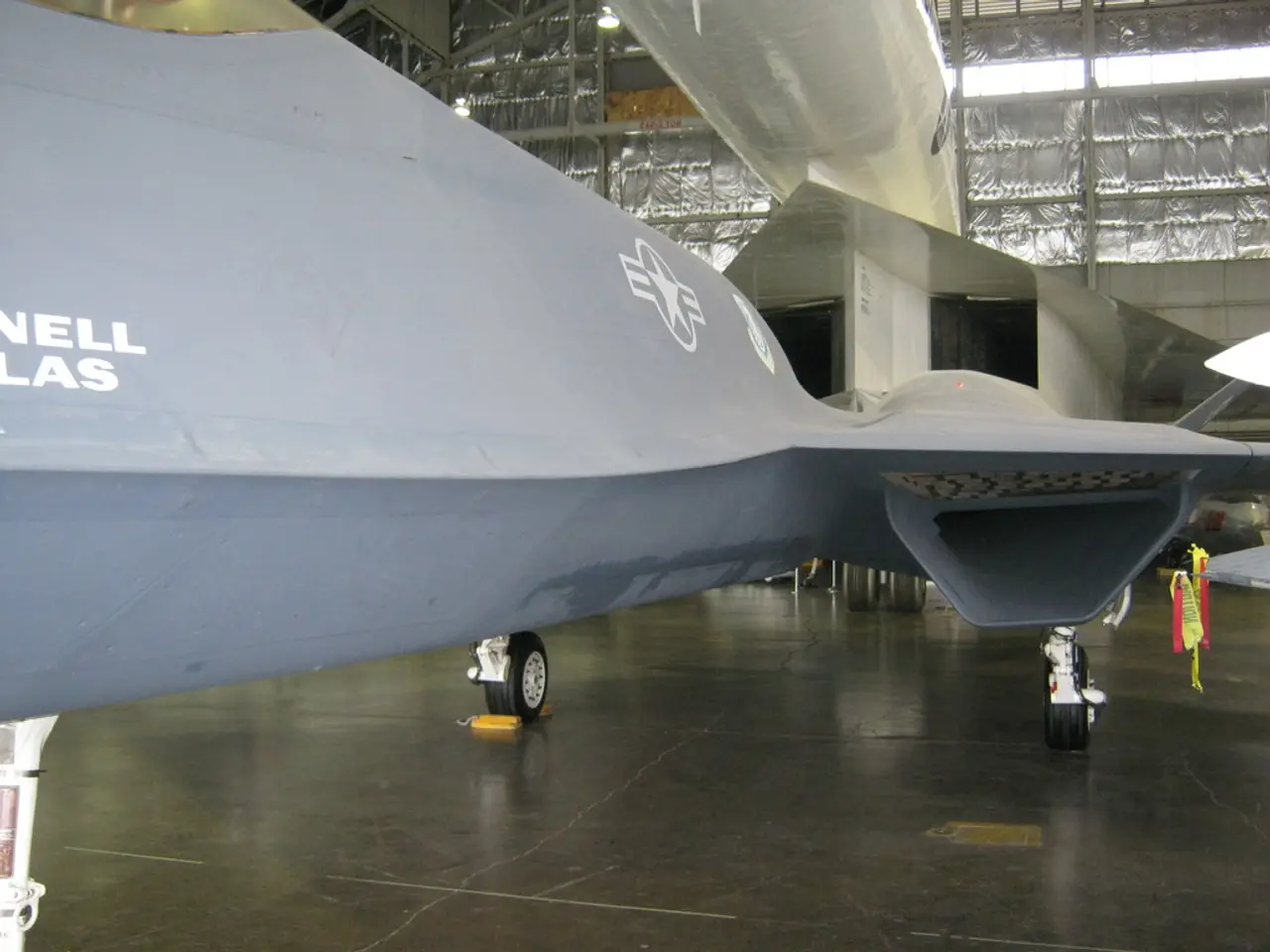Economic ruin is the only means to halt Putin's military campaign, according to Kalev Stoicescu.
In a report published in early June, Estonian MP Kalev Stoicescu sheds light on Russia's foreign policy stance regarding the ongoing conflict in Ukraine. The report indicates that Russia's goal of humiliating the West remains unchanged.
Russia's current foreign policy strongly emphasizes victory over compromise or peace in the Ukraine conflict. This strategic stance is tied to a broader ambition to overturn what Russia perceives as a Western-dominated international system and establish a new "democratic" order favoring major non-Western powers, including Russia itself.
The Kremlin's reluctance to compromise or accept a peace deal that does not include a clear Russian victory stems from the belief that such a compromise would fall short of demonstrating the Kremlin’s strategic success and could undermine Russia's position internationally. Putin and his circle believe that peace without victory would signal weakness and fail to consolidate Russia’s gains and influence, especially vis-à-vis the West and potential allies like China.
This hardline stance is further justified by Russia's perception of the West, particularly the US and NATO, as internally divided and hesitant to sustain a full-scale confrontation long term. This perceived Western disunity reinforces Moscow’s confidence and its willingness to prolong the conflict to achieve a decisive outcome.
Dmitry Medvedev and other Russian officials emphasize victory because they see it as essential for Russia’s strategic positioning and legitimacy on the global stage. They are preparing for a long-term confrontation with the West, not just a temporary conflict, making the concept of compromise less attractive and peace conditional on Russia’s terms.
Economic indicators suggest a decline in Russia's economy, but the total collapse is still a future event. China, on the other hand, is concerned about the potential shift of US attention from Russia to China. Despite the economic instability, Russia continues to prioritize military victory over negotiated peace or compromise, seeking to force Ukraine's surrender and reshape the international order according to its strategic vision.
The conflict in Ukraine, marked by daily civilian casualties and destruction of homes, underscores the dire humanitarian situation resulting from Russia's actions. However, Russia's primary goal remains the humiliation of the West, as indicated by the report by MP Kalev Stoicescu.
Russia's current political stance is centered around denying compromise or peace in the war-and-conflicts in Ukraine, with its ambition extending to overturn the current international system led by the West. This strategy is deeply tied to establishing a new "democratic" order that favors major non-Western powers, including Russia itself (general-news).
The Kremlin's reluctance to accept a peace deal that does not include a clear Russian victory is rooted in the belief that such a compromise would undermine their international position, while a victory would consolidate Russia's gains and influence, particularly vis-à-vis the West (general-news).







